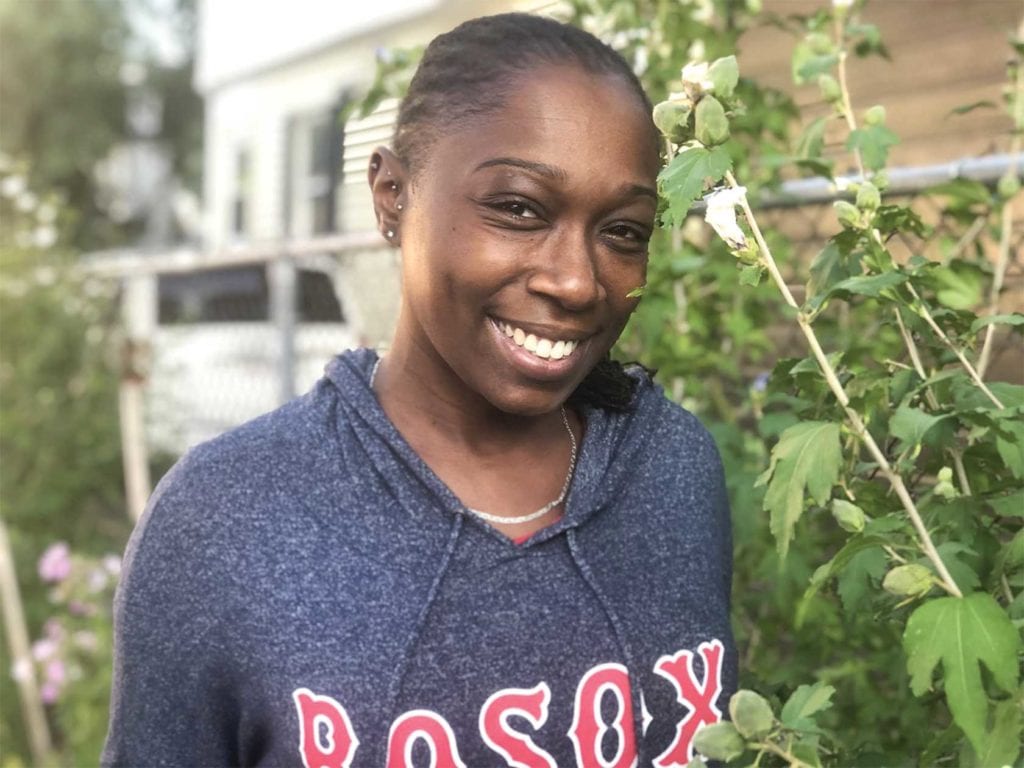Barbados cutting ties to the crown
Island to end colonial relationship with queen

Shonelle Carmichael was born in Boston but considers herself as Bajan as cou-cou and a spouge beat.
Until recently, the 39-year-old hospital administrator, the daughter of immigrants from Barbados, thought the notion of the British monarch as the island nation’s head of state was equally Bajan, deeply ingrained into the political and social culture of the country known as “Little England.”
But that idea was upended last week with the announcement that Barbados will become a republic on Nov. 30, 2021, the 55th anniversary of its independence from Great Britain. The move will jettison formal ties to the crown going back nearly 500 years to the reign of James I.
“It will be good to finally be fully independent,” said Carmichael, who lives on a quiet Dorchester street with cleome and okra growing in the tidy front yard of the single-family home. “We will finally feel that Barbados will be out from under the queen and on our own.”
Mia Mottley, prime minister of Barbados since 2018 and the head of the Barbadian Labour Party, which controls all 30 seats of Parliament, set in motion the snipping of the apron strings tying the nation’s nearly 300,000 inhabitants to the British throne.
The party has raised the idea for decades, but the current political moment, in the wake of the Black Lives Matter movement sweeping the globe, renewed the drive for casting off one of the last vestiges of colonialism.
Jamaica may soon follow suit. The Caribbean basin’s other largest countries colonized by England – Guyana and Trinidad and Tobago – became republics in the 1970s. St. Lucia, St. Vincent and the Grenadines have also debated the idea.
For Barbados, the legacy of empire and the wealth generated by plantation slavery through 68 governors and eight governors-general appointed by London will recede even further into the past as the country removes the 94-year-old Elizabeth II as head of state.
Sandra Mason, the current governor-general, signaled the queen’s acceptance of the move in a statement nearly unprecedented in its focus on Bridgetown rather than Buckingham Palace, as might be expected of the monarch’s designated viceroy.
“The time has come to fully leave our colonial past behind,” said Mason. “Barbadians want a Barbadian head of state.”
The new figurehead is likely to be a president with no executive powers, playing a symbolic role in island politics. Barbados will continue to be a member of the 16-nation Commonwealth, a loose informal federation of former British colonies that spans the globe, from Canada to New Zealand.
Cavour Cumberbatch, 54, who grew up in St. Michael Parish, Barbados and moved to the U.S. in 2000, was keenly aware of Queen Elizabeth’s role in Bajan society as he grew up in the Deacon’s Road projects.
“Her face was on my money,” he said, “but to me she never really mattered. We basically ruled ourselves. I have never felt subservient to the queen.”
The Randolph resident, whose wife also hails from “Bim,” as islanders call their homeland, said he viewed the queen’s removal as head of state through a practical rather than political lens.
“It will spare us having to support a governor-general, who really doesn’t do much. If we have to get rid of the queen, it’s like cutting out your appendix. If it annoys you, you can get rid of it and easily live without it.”
But it’s another story when it comes to cou-cou, the island’s distinctive culinary mix of okra and corn meal, traditionally served with flying fish – or the rhythms of spouge, an African-influenced beat laced with horns. “Those,” said Cumberbatch, “I’ll never give up.”
Barbados, a kidney-shaped island a bit larger than Suffolk County with about one-third as many residents, is part of the Lesser Antilles, located at the Atlantic edge of the southeastern Caribbean Sea.
The first European arrivals were the Spaniards in the early 1500s, followed by the Portuguese in the 1530s. Explorers sent from Lisbon left two legacies: the wild boars they introduced to provide meat for their settlers, and the name, “Barbados” being a corruption of the Portuguese word for “bearded ones.”
The British took control of Barbados in 1625. The first settlers grew tobacco. Sugar-cane plantations were introduced a few decades later, but indentured servants from the British Isles, including thousands from Ireland as Oliver Cromwell cleared Erin of obdurate Catholics, produced fewer profits than their replacements: hundreds of thousands of African slaves.
Widespread immigration to England and the Americas occurred early in the 20th century, with Boston a destination for many. St. Cyprian’s Church in Roxbury has had a large Bajan population in its congregation since its establishment, drawing from West Indian residents of the South End, Lower Roxbury and Cambridge who were members of the Anglican union.
At William Browne & Sons dry-cleaning and tailor shop on Morton Street in Mattapan, customers and staff in the West Indian-owned establishment bantered back and forth earlier this week about the changes coming to Barbados.
A client from Jamaica, expressing hope that her motherland follows Barbados’ example, called Elizabeth “the biggest welfare queen on the planet.”
Carmichael, who lives off Norfolk Avenue near the store, comes from a family who were part of a later wave of Barbadian immigrants who arrived in Boston in the 1970s. Growing up, she visited her extended family almost every year, adding a knowledge of cricket and its storied home at the Kensington Oval along with her passion for the Boston Red Sox and Fenway Park.
“I always have followed developments in Barbados,” she said. “I was born in America with Bajan parts. Now it seems the queen will not be one of them.”







